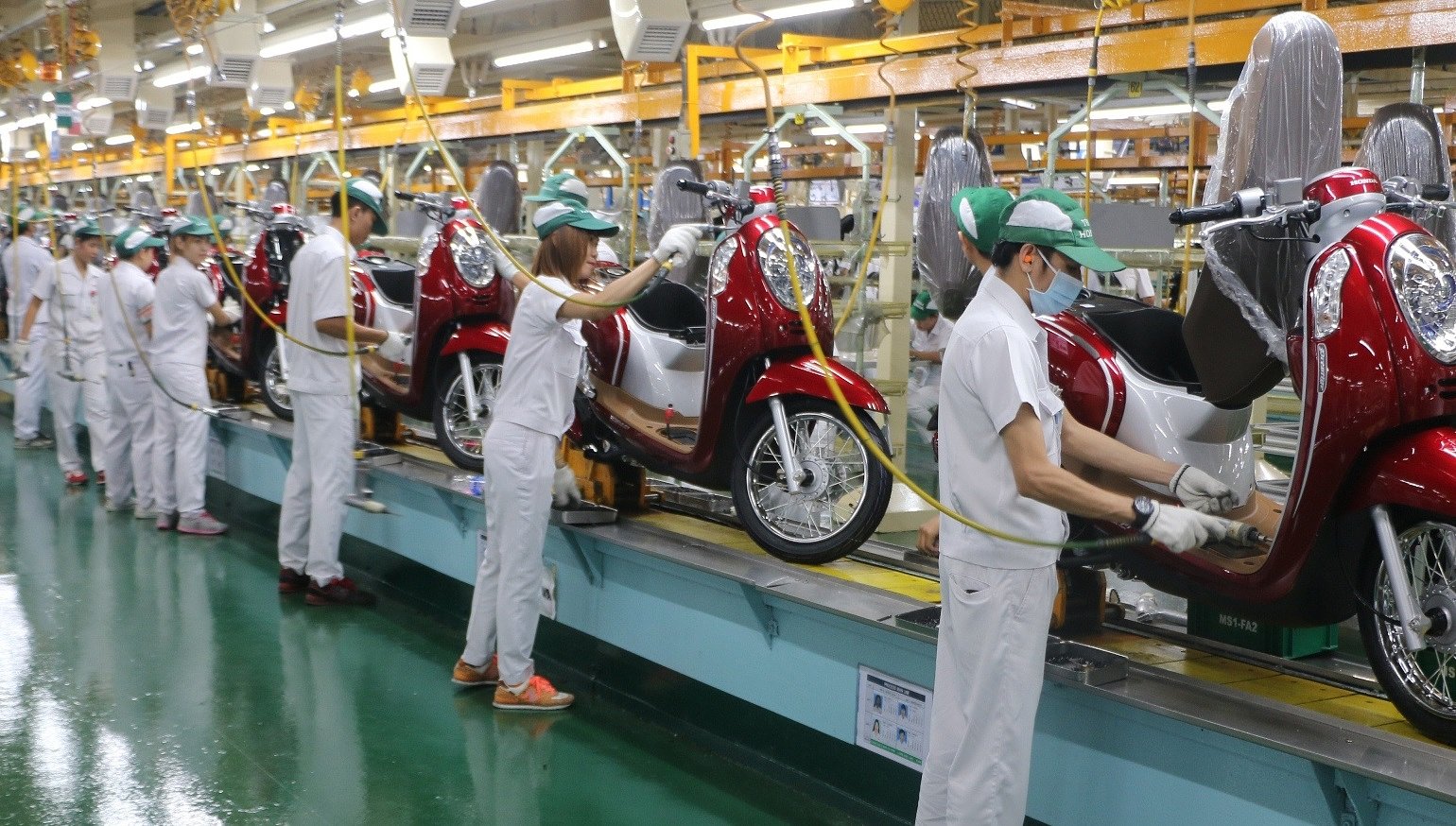As the second Trump administration begins today, the motorcycle industry is looking ahead to the next four years with a mix of concerns and hopefulness.
The industry will face both old and new issues over the next four years, said Scott Schloegel, senior vice president and head of the Government Relations Office for the Motorcycle Industry Council. The MIC's two main areas of focus on the legislative side haven't changed: funding for the Recreational Trails Program (RTP) and the various laws being enacted at the state level to restrict use of PFAS or so-called "forever chemicals."
Gasoline taxes are used to pay for highway construction and also for off-road trails through the RTP, but off-road riders have long complained that the amount of taxes they pay is far larger than the share of funds that go to the RTP, and part of the RTP funding is for non-motorized trails. Schloegel noted that Sean Duffy, Trump's nominee for Secretary of Transportation, and Doug Burgum, the nominee for Secretary of the Interior, are from Wisconsin and North Dakota, respectively, are familiar with outdoor recreation issues, and are likely to be supportive of the MIC's goals in this area.

PFAS laws, which we've written about before, have the potential to affect a wide range of products in the industry because the chemicals are used in everything from waterproof riding gear to O-rings and gaskets. Since regulations are being introduced in various forms in different states, the issue is also a more complex and time-consuming one for the MIC.
Aside from those old issues, the newest and most uncertain issue that could affect the industry is Trump's threat to impose broad tariffs on imports.
Trump's tariffs could be "devastating"
The top three countries that import goods into the United States are, in order, Mexico, China, and Canada, Schloegel noted. Trump has talked of imposing 25% tariffs across the board on imports from Mexico and Canada and increasing tariffs on goods from China. And there's no guarantee that tariffs would end there, because not only does Trump favor them, but he has packed his Cabinet with others who support them. Considering that everything from apparel to motorcycle parts and components are sourced from locations all over the world, this issue "could have a devastating impact on all of us," Schloegel said.
The reality is that tariffs are far from free money. The added costs will either be absorbed by the seller, reducing profit margins, or passed on to the consumer, raising end prices, Schloegel said.
"Mexico doesn't pay it. Canada doesn't pay it. China doesn't pay it. We pay it," Schloegel said. "It will also have an extremely inflationary impact on the United States."
Schloegel said there are a couple of reasons to be hopeful, however. While Trump has often talked about taking actions "on day one," reality may be a little different. Schloegel noted that when Joe Biden enacted some tariffs, they were proposed in May but didn't take effect until September because of the usual processes followed for putting them in place. To get around that, Trump would have to take an extraordinary measure such as declaring a national emergency, which could face legal challenges.
Some segments of the motorcycle industry could also benefit from exceptions, as well. Schloegel noted that during the first Trump administration the industry got an exemption for tariffs on imported motorcycle helmets, to give one example. Why? No DOT-approved motorcycle helmets are manufactured in the United States so putting a tariff on imports did nothing to help any U.S.-based business. If broad tariffs are enacted, then the focus will likely shift to the tedious detail work of lobbying for exceptions, which doesn't get the headlines that 25% tariffs across the board do.
This inauguration day, even more than most, the regulatory landscape is shifting and uncertain and the motorcycle industry will no doubt face some more surprises over the next four years. Probably a good time to wear all the protective gear.

 Membership
Membership





